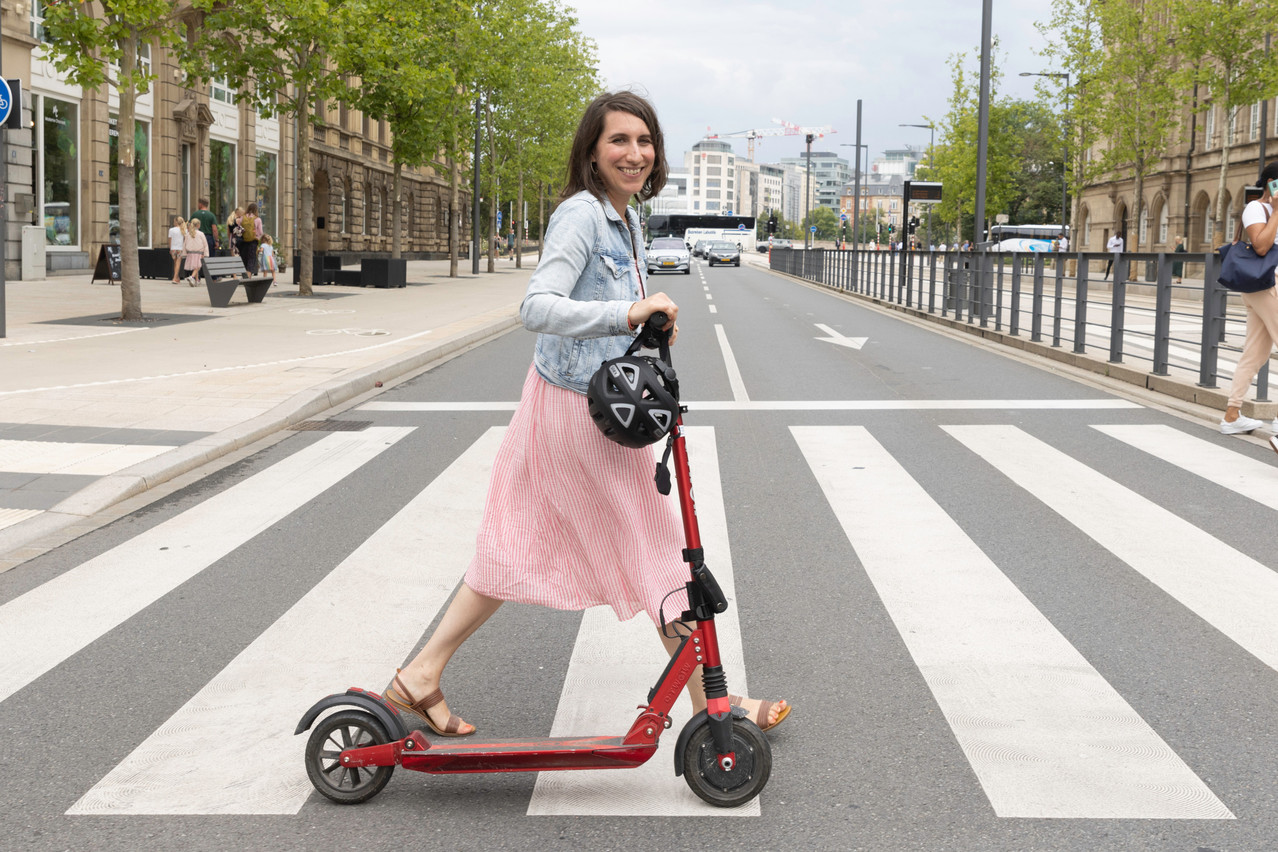Teodor Georgiev: How has sustainability in Luxembourg changed over the last 15 years?
: The real change [we see] now is that people understand what sustainability is. Also, with what we see in the media regarding climate change, I think fewer people doubt there are issues that we need to tackle together. The issue now is that lots of people don’t know how they can be involved in what they can do to act sustainably. We say that you need to check your strategy, and bring sustainability into it. It’s not something you put in place that one person has to manage alone.
What does the recently launched sustainability academy represent in IMS’ development?
When we exchange with companies or carry out IMS activities, it seems that the participants are the same each time. For example, we have a CEO, people from HR or a facilities manager. And then [comes] the issue of how can we mobilise all employees from an organisation or how can we raise awareness. The idea was to do training in companies and to For us, this is a huge development because the objective is that we understand that we don’t go as fast as we need to in changing companies and their systems. If we train more people and they understand that sustainability is really important, we will see change quicker.
How do you convince companies to go beyond the minimum set by the legal framework?
We don’t think it’s difficult to mobilise companies to go beyond that. For example, in 2018, the European Commission drafted a directive on removing single-use plastics. We took that text and, at that moment, there was a list of 12 or 13 products. We used that in our manifesto and asked our companies’ CEOs to remove those products by the end of 2020. Lots of companies took part in the project--around 70--and we’ve estimated that we avoid 150 tonnes of plastic each year, thanks to that initiative. The commission enacted the law a year and a half later, and none of the products in the draft were in the final text. And this proves that by having a common agreement and working with companies, without an obligation, we can have real success.
What was the biggest leap for IMS in the last 15 years?
For me, it would be the third industrial revolution project we launched in 2016 because it was a national project. We mobilised over 300 stakeholders in nine working groups, bringing ideas from different participants to form a common strategy for Luxembourg with the objective of having a sustainable country for 2050.
Read also
What are your targets for the near future?
Our target is always organisation. We want to change the way [companies] work and to bring sustainability, and there is no limit because the objective of our association is to have a sustainable country with sustainable organisations.
What does IMS need to continue evolving?
In the coming years, our challenge is the academy’s development. If we develop quality training, we can share it with our European network. So, for the academy, we won’t be limited to Luxembourg. For IMS, we are, but for the academy, I think we won’t be.
